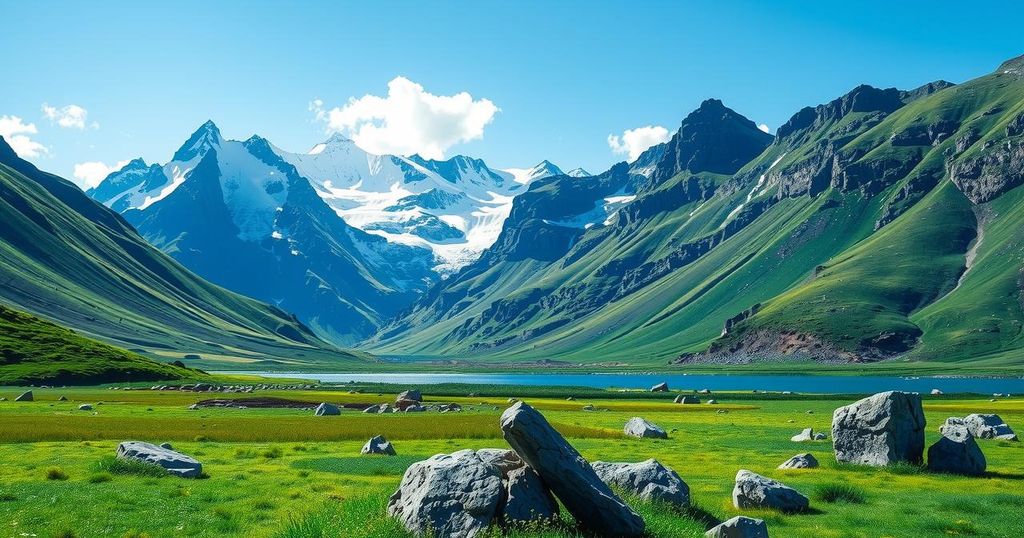World news
2024 ELECTIONS, ASIA, DEMOKRAATIT, DEMOKRATIIT, DONALD TRUMP, ELECTIONS, ELECTORAL PROCESS, EUROPE, EUROPEAN UNION, GOVERNMENT, GREENLAND, ISLAND, JAPAN, JENS FREDERIK NIELSEN, MUTE B. EGEDE, MÚTE B. EGEDE, NALERAQ, NIELSEN, PARLIAMENTARY SEATS, SOCIAL LIBERAL, USA
Elena Martinez
0 Comments
Demokraatit Emerges as Largest Political Party in Greenland Election
Demokraatit has secured its position as Greenland’s largest political party with 29.9% of the votes in the recent parliamentary election, leading to a shift in parliament’s composition. The upcoming government formation process will focus on unity and addressing independence aspirations, as several parties express divergent views on achieving this goal. Jensen Frederik Nielsen’s leadership marked a transformative era in Greenland’s political sphere, reflecting voters’ demand for change.
The recent parliamentary election in Greenland resulted in a significant shift in political leadership, with Demokraatit emerging as the largest party. Garnering 29.9% of the votes, Demokraatit is set to lead the government formation process following elections that involved 28,000 voters choosing from six competing parties for 31 parliamentary seats. A striking 21 seats in parliament may advocate for Greenland’s long-term independence.
Jens Frederik Nielsen, the leader of Demokraatit, expressed surprise at the election outcome, noting, “We did not expect the election to have this outcome. We are very happy. Although the election has concluded, the politics start now”. He emphasized the necessity for unity among Greenlanders amid rising international interest, particularly from the United States.
Nielsen, who is the most popular politician in Greenland with 4,850 personal votes, aims to represent the aspirations of Greenlanders, asserting, “This is our country. Our choice. Our freedom.” The results indicated a strong electoral performance by Naleraq, which received 21.4% of the votes, while traditional parties like Inuit Ataqatigiit and Siumut faced significant declines.
The election results highlighted a growing sentiment among voters, as Ulrik Pram Gad from the Danish Institute of International Studies remarked that Greenlanders are in search of a fresh political direction after decades of governance by Siumut and Inuit Ataqatigiit. Additionally, while independence is favored by the majority, there are varying approaches within pro-independence parties regarding how and when it should be achieved.
As Greenland evolves into a representative democracy, the newly formed government must secure a vote of confidence and determine whether Demokraatit will pursue a one-party or multi-party governance strategy. This decision will be crucial for establishing the future direction of Greenland’s self-governance and potential independence.
The election results in Greenland mark a pivotal moment in the island’s political landscape, with Demokraatit emerging as the leading party poised to influence the negotiations for independence. The shift reflects the electorate’s desire for change, evidenced by the decline of traditional parties and the rise of new political voices advocating for diverse approaches to governance. How the newly elected party navigates its role in the parliament and shapes future policies will significantly impact Greenland’s journey toward enhanced self-governance and independence.
Original Source: www.highnorthnews.com




Post Comment